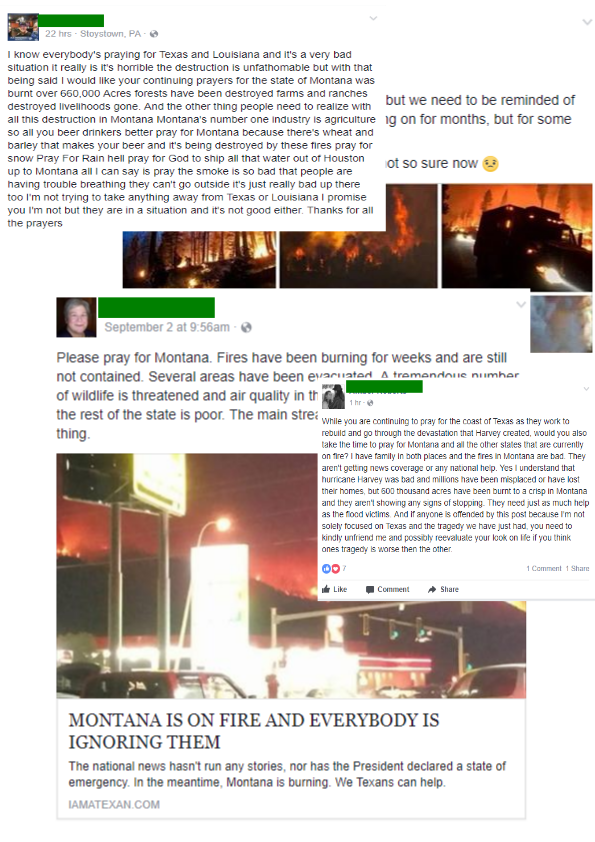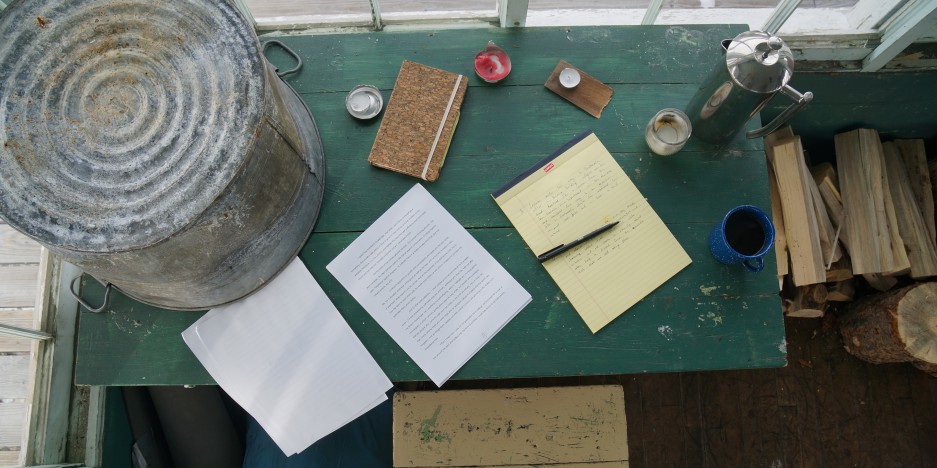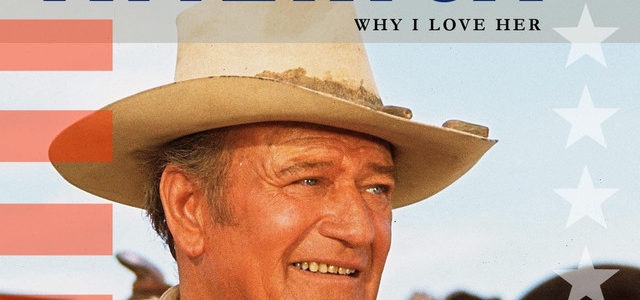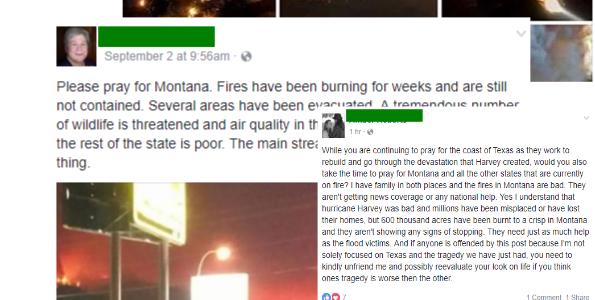As I write this, on Monday morning, the air quality in Missoula is bad. Hazardous, actually. The most recent measurement of air pollution registered 451 µg/m3 of fine airborne particulate, the kind that causes respiratory and cardiovascular illness, and led the Department of Environmental Quality to advise that no one really go outside. Right now the air in Missoula, Montana is three times worse than in Beijing and fifteen times worse than Los Angeles, and not slated to improve any time soon.
The cause, of course, is wildfires. In Montana alone there are currently more than 45 active forest fires, and by the time it finally snows, perhaps some time around Valentine’s Day, they will have burned more than a million acres. Thousands of people have been displaced. Homes have been burned, livelihoods ruined. Two firefighters have died.
August is, in the best of cases, unambiguously useless, but this is something special. We see fires every year, and this is an especially bad season. These fires will cause many millions of dollars in damage, and prompted Governor Bullock to request FEMA assistance to assuage the costs of protecting homes and lives*. It’s also prompted calls on social media to “Pray for Montana.” Specifically, there’s a set of the population here who seems to feel like this fire season in Montana somehow compares in scope or scale to the fallout from Hurricane Harvey.

This is ludicrous**.
Montana is having a pretty bad fire season; what happened in Houston is unprecedented. Guys, 51 inches of rain fell in a day. NOAA had to come up with new colors for their Doplar display to show that. Over the course of two months 11,000 square miles of Montana has burned – three times more than that, 28,000 square miles, of Texas flooded in a single weekend, including Houston, which has 6 times more people than this entire state.
Comparing the 450,000 Texans who will seek Federal aid to the thousands of people displaced by Montana fires is like if you lent me $100 and I paid you back $1 and called us square. It’s not even close. “Pray for Montana” is the “#AllLivesMatter” of Federal disaster relief. Sure, pray for Montana if you want, but don’t think for a moment that what we’re experiencing compares to the newfound refugee situation down south.
That doesn’t mean that these events have nothing at all in common. For instance, they both come amidst a new wave of “Hottest Year Ever” awards, and they’re exactly the kind of anomalous weather event that those pesky climate scientists have been warning us for decades will become more common. Both the fires of Montana and Hurricane Harvey are the result of our collective unwillingness to confront the fact that Earth is a dynamic place and that we’re messing it all up.
So yeah, pray for Montana – if that palliates your angst, then great, pray for Montana. But if you want to help with the issues that Montana is facing right now, how about we actually fund the Forest Service?
Members of our Congressional delegation came together a few weeks ago to whinge about environmental groups gumming up forest management with frivolous lawsuits. They blamed Wilderness advocates, they blamed institutions that allow citizens to hold the government accountable. They blamed regulations and oversight.
Conspicuously, they did not blame a warming climate or our newfound culture of celebrated ignorance. They did not blame decades of suppressed climate research. They reverted back to those same trite, cynical platitudes about small government and lax permitting that are as untrue now as they were when they triggered the labor movement.
Montana doesn’t need prayer right now, and neither does Houston. These places affected by climate change need us to act on the advice of experts. Thoughts and prayers will not stint sea level rise. They will not stop the thaw of arctic permafrost. They will not keep our firefighters, homes, and businesses out of harm’s way.
The extreme weather of the last two months were foreseeable and, at some level, preventable. Save your prayers. Fund professionals.
*Interestingly enough on July 17 our Republican controlled state legislature slashed $30M from the firefighting budget to help balance the state budget. Bullock’s call for FEMA assitance came on July 27, which kind of makes you understand how Congress initially told us to pound sand. Three cheers for small government amirite?
**This is Ludacris.





Like







